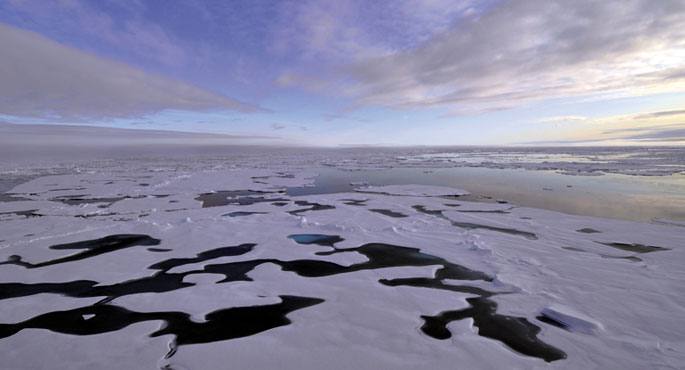

It is known that much of the CO2 we emit is absorbed by the seas and oceans. Some of this absorbed carbon dioxide is transformed into carbonic acid, but thanks to other marine elements a high percentage of this acid is neutralized or, which is the same, does not influence the sea.
However, this is not the case in the Arctic Ocean. On the one hand, the amount of fresh water being melted by thawing, and on the other, in summer, this same thawing causes the size of the ocean to increase, leading to a higher absorption of carbon dioxide.
From 1960 to the present, the pH of Arctic waters has been reduced by 0.02 per decade, and although the consequences are not fully known, it is believed that some species are in danger of extinction, especially those of the outer skeleton, such as corals. Norwegian researcher Richard Bellerby considers that what is happening is irreversible.